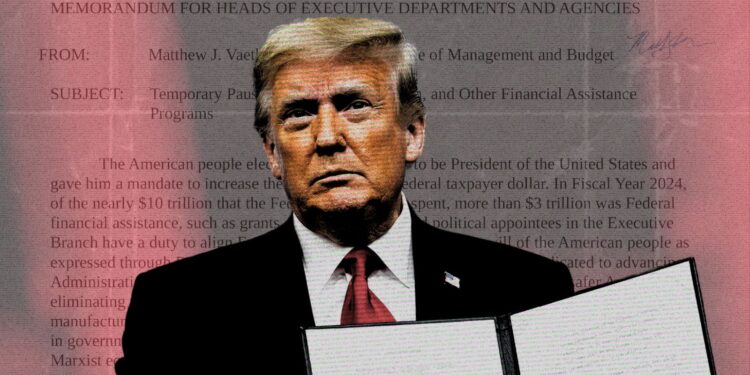Rep. Dina Titus (D-NV), co-chair of the Congressional Cannabis Caucus, says federal budgetary pressure under the Trump administration’s renewed push to reduce spending could lead more states to legalize marijuana in a bid to generate much-needed tax revenue.
In a new episode of the Voice of Cannabis podcast by the National Cannabis Industry Association (NCIA), released Thursday, Titus warned that forcing states to shoulder a greater financial burden for public services such as Medicaid and the Supplemental Nutrition Assistance Program (SNAP) could unintentionally accelerate cannabis reform.
“One of the only good things that comes out of the policy of the White House is that they are pushing more things to the states to pay for,” Titus said. “That may push them in the direction of legalizing marijuana… so they can get that tax revenue generated.”
Titus criticized what she sees as stalled federal momentum on cannabis reform, despite early optimism sparked by former President Donald Trump’s prior comments favoring rescheduling, access to cannabis banking, and support for state-level legalization. “Now we’ve seen that kind of stall,” she said, pointing to a lack of clear direction from the administration and calling out Health and Human Services Secretary Robert F. Kennedy Jr., saying, “I think he’s on drugs.”
She also expressed concern that growing federal interest in psychedelics may be overshadowing the cannabis movement. “It may not necessarily work to our advantage,” she said. “We got to be sure that we aren’t taken off down some other path.”
Titus touched on her state’s journey from medical to recreational cannabis, noting how stigma has faded in Nevada and how industries like gaming have adapted. She even recalled trying to register voters at cannabis dispensaries—only to realize most patrons were out-of-state tourists.
Looking ahead, Titus expressed cautious hope that cannabis reform efforts could regain momentum in Congress, particularly after budget negotiations settle. She emphasized the importance of advancing bills like the bipartisan STATES 2.0 Act, which would allow states to legalize cannabis without federal interference.
“It’s going to take both houses,” Titus said. “But we have to start somewhere—and that means getting it out of committee first.”
Read the whole article from MarijuanaMoment here.













